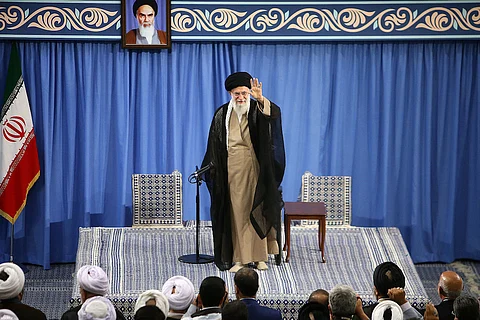

Israeli Defense Minister Israel Katz confirmed on Thursday that Israel had intended to assassinate Iran’s Supreme Leader, Ayatollah Ali Khamenei, during the recent 12-day conflict with Iran. In an interview with Channel 13, Katz acknowledged the plan, stating that while Israel aimed to eliminate Khamenei, the operational opportunity never materialized.
“We intended to assassinate Iran’s Supreme Leader Ayatollah Ali Khamenei during this period but were unsuccessful. If he had been in our sights, we would have taken him out, but the operational opportunity didn’t present itself. We don’t need approval from the U.S. or anyone else to act in defense of Israel,” Katz said.
His remarks are consistent with a statement made on June 19th, during the height of the conflict, in which he described Khamenei as “a modern-day Hitler,” adding that “like Hitler, he cannot continue to exist.”
Katz's comments raise questions about what the U.S. government knew regarding Israel’s intentions when the conflict began on June 13th. On June 17th, U.S. President Donald Trump wrote on Truth Social: “We know exactly where the so-called ‘Supreme Leader’ is hiding. He is an easy target, but is safe there – We are not going to take him out (kill!), at least not for now.”
The U.S. struck three of Iran’s nuclear facilities in the early morning hours of June 23rd. In the aftermath, conflicting narratives emerged from Washington. Defense Secretary Pete Hegseth and Vice President JD Vance insisted that the strikes were not part of a plan for “regime change” in Tehran. However, President Trump contradicted his own officials, posting: “It’s not politically correct to use the term, ‘Regime Change,’ but if the current Iranian Regime is unable to MAKE IRAN GREAT AGAIN, why wouldn’t there be a Regime change??? MIGA!!!”
Notably, Ayatollah Khamenei is the head of state of a United Nations member state. Targeting or threatening a foreign head of state is considered a violation of international law. Article 2(4) of the UN Charter, as well as the 1973 Convention on the Prevention and Punishment of Crimes Against Internationally Protected Persons, both prohibit threats or acts of violence against internationally recognized political figures.